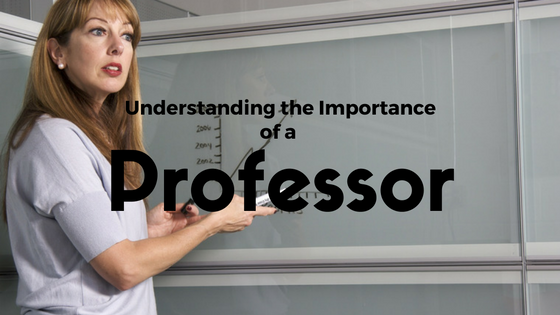
The extensive role professors play in the lives of college students today diverges far from the realm of the pure academia and post-secondary education. More than ever, professors offer students a moral playground on which to build personal philosophies of life, while simultaneously honing professional skills for future success outside the classroom.
Professors facilitate important questions of ethics and how moral principles should guide one’s behavior in all aspects of life. These critical discussions are no longer limited to the humanities classroom-rather, moral decency is core curriculum for the development of great societies. In the words of Plato, “If you ask what is the good of education in general, the answer is easy: that education makes good men, and that good men act nobly.” However, as Plato has warned us, these good societies are only produced through the guidance of professors willing to challenge students’ predispositions. Without the professor, students are unable to pursue vocations with a responsibility toward other citizens and ethical work practices.
In addition, professors provide critical environments in which students may develop themselves professionally and confidently. A recent study has shown that over half of all graduating college students perceive that their likelihood of obtaining a job post-graduation is unlikely. As a professor, your role in connecting lecture to post-graduation experiences can be essential to providing students an avenue of career confidence and skill-building. When students are unable to bridge the gap between the classroom and their future experiences, they fail to utilize their college resources; college is the perfect time for making mistakes under a learned professor and discovering what will emulate well in the workplace.
Finally, as caretakers of education and personal development, professors possess unlimited potential to incite powerful qualities in students. According to a study of how academic factors interact with student success, Micari & Pazos (2012) insist, “Many faculty overlook, or underestimate, the impact they have on students. There is often a tendency for faculty to assume that talent and hard work alone will get students through the course, when in reality many other factors-including their own behavior toward students-can play important roles.” Close student-professor relations produce positive effects, such as higher academic performance and higher probabilities of college completion, which are not easily inspired from a textbook. Rather, professors arouse the necessary development of inspiration, resourcefulness, and resilience.
When thinking about the role professors play in the lives of students, be sure to understand the substance of their guidance; to be a professor is not just a simple duty of passing or failing students, but rather the construction of a generation that confidently moves forward as a skillful workforce and, most importantly, good human beings.

